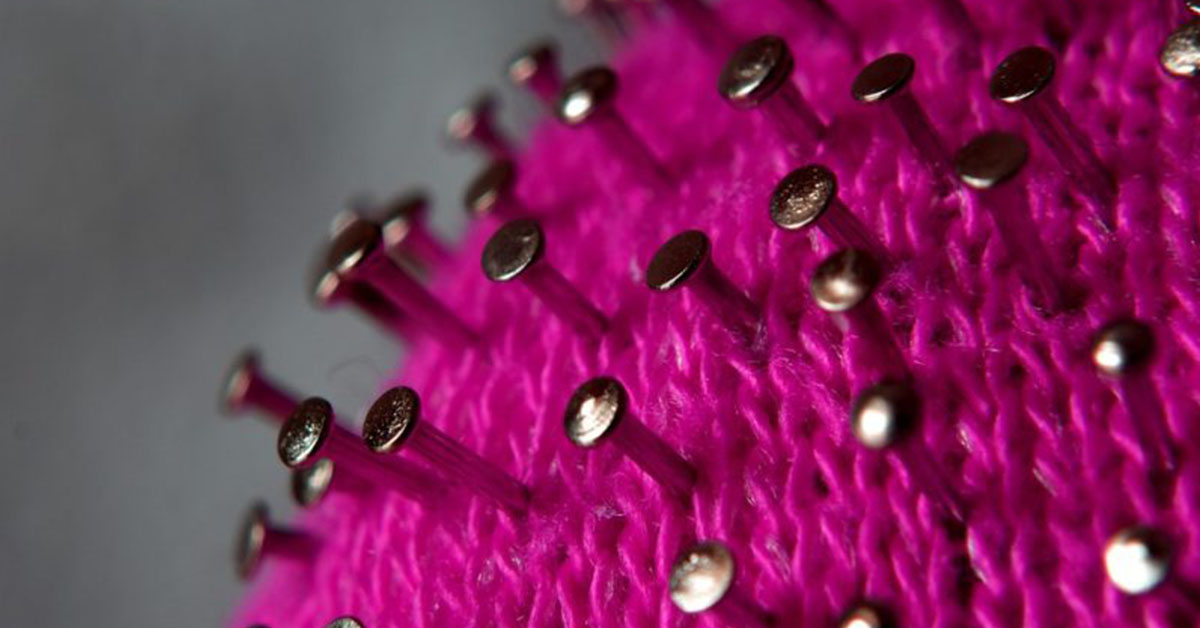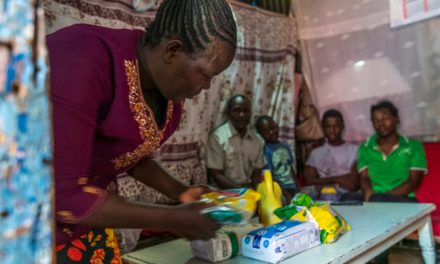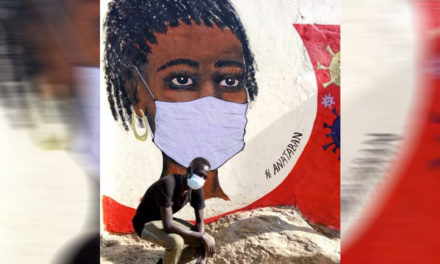
Nursing COVID-19 Patients from home Causes Jitters

By Hillary Murani
The idea of home care for COVID-19 patients proposed by the Kenyan Minister of Health Mutahi Kagwe continues to attract mixed reactions with the communities living in the informal sector feeling more vulnerable to the disease.
In their proposal, the Ministry of Health, during their daily briefing announced that they were working on a protocol where COVID-19 positive patients will be cared for from home since the majority of the Kenyans who have tested positive are asymptomatic.
Steve Nzusa, a resident of Kibera , one of the largest slums in Africa, believes it is difficult to self-quarantine in an informal settlement. ‘’ I do not think it would be a good idea for someone in an informal settlement to be treated from home considering they cannot feed themselves they struggle on almost every aspect of life. It is said COVID-19 treatment is expensive, how are they going to meet that?’’ Posed Nzusa.
“Kenyans love visiting the sick, which will be chaotic here. Houses are congested and poorly ventilated. It also beats logic how one can even self-isolate in a single room with more than three family members. There is also high temptation from the infected persons to move out and about to hunt for food thus spreading the virus. I feel this is only possible with the rich who are able to self-quarantine from home.’’
Brian Wasike who also hails from Kibera slums, feels it is an opportunity to offer optimum care to the patients but could pose a greater health risk.
‘’Members of the family can comfortably monitor their loved one but on the other hand poses a great risk of spreading the virus. Even with the guidelines no one can guarantee that they will be followed fully. Kenyans are also witty; many will end up leaving the house at the cost of spreading the disease just to try sustain their families especially if one is the breadwinner.’’
Rwamba Kithinji bought the idea but she is however sceptical, ‘’My worry is the asymptomatic patients are not even aware they are COVID-19 positive. With the kind of family set-up especially in the urban areas where families are congested the disease will spread like bush fire.’’ She noted.
Agnes Sajina said, ‘’ I think as long as the necessary precautions are taken and there is no infringement of the privacy of the patients and their families and necessary containment measures are taken, I am okay with it.’’ Additionally, Sajina pointed out that it was important to ensure the quality of healthcare is not compromised and is offered at a cheaper rate.
On the other hand, Pauline Njagi felt the idea is a two-way traffic, ‘’ in as much as it might accelerate the spread of the virus, it will help ease the pressure from the hospitals and overwhelming the health-workers.’’ Ms Njagi was however exuded worry over the donning and removing of the personal protective equipment PPEs by caregivers. ‘’ To some extent this has contributed to infections among health workers and I don’t think it’s going to be a good thing for inexperienced caregivers at home.’’ She quipped.
According to the Ministry of Health, Kenya continues to experience an upsurge in the number of persons with COVID-19, it is becoming less tenable to isolate all patients in hospital based treatment facilities. Hospital care is now being prioritized for those with the highest probability of poor outcomes. Where possible safe home-based isolation should be considered for asymptomatic and mildly symptomatic COVID-19 confirmed cases.
The ministry’s health guidelines for home-based isolations provides that; patients must be COVID-19 positive with no underlying health conditions and be asymptomatic. The patients will be required to be placed in a dedicated and separate well-ventilated isolation room, limit the movement of the patient in the house to minimize time spent in shared spaces like the kitchen and bathroom, limiting the number of caregivers, limitation of visitors and performing high level of hygiene among other containment measures and guidelines.
With the plans underway to have COVID-19 positive patients treated from home, the ministry of health is found in a quagmire state if at all they have to contain the spread of the virus. One of the requirements for healthcare workers are the personal protective equipment and the N95 masks which are expensive to obtain, thus this becomes even more difficult for poor families and vulnerable ones to observe the containment measures and the guidelines provided. The implementation of these guidelines should be done under the supervision of Medical and Public Health officers.





















Recent Comments